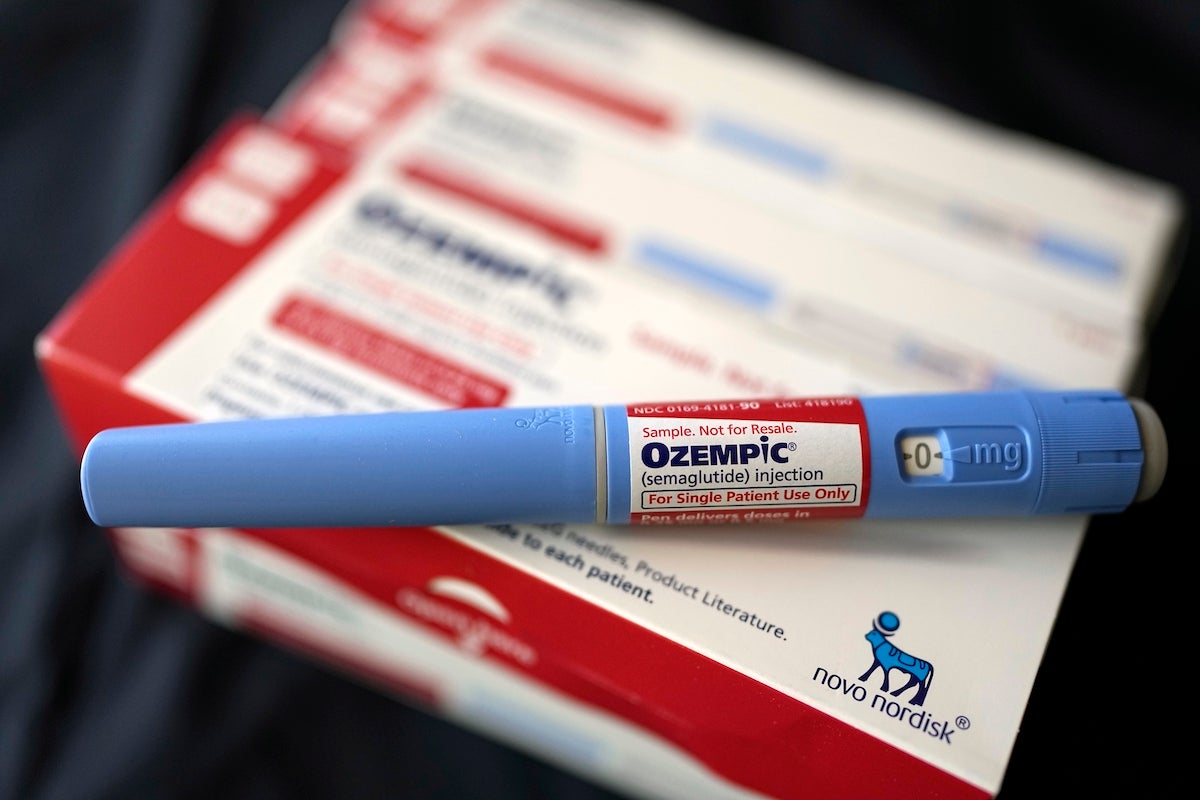Costs remain flat, but manufacturer rebates grow
Delaware officials looked at prescribing data and cost information for fully insured residents who had health plans that they either got through an employer or purchased on the Affordable Care Act marketplace.
The report showed that after pharmaceutical rebates were applied, Delawareans paid an average of $90 per script in 2020 and an average of $86 per script in 2023. Health plans covered another $400 per script almost every year.
What did increase over time, Navarro said, is rebate amounts, or payments made from pharmaceutical manufacturers and drug makers to middlemen buyers like pharmacy benefit managers, who can share all or some of that money with health insurers.
Rebates totaled, on average, about $340 per script in 2020, and grew to $473 per script in 2023.
Pharmacy benefit managers, or PBMs, have been criticized nationally for retaining too much of those rebate payments, which can lead to higher out-of-pocket costs for patients.
“If the rebates go back to the consumer, or they go back to the state or other agencies, Medicare, Medicaid, then it’s good,” Navarro said. “But if it’s going back to the PBMs who are just the middlemen, if that’s the case, I have a real problem with that.”
The state analysis report can provide some clarity on the role GLP-1s play in the state’s overall health care spending, he said, and dispel misconceptions that drug price jumps are at fault.
Long term, he said the hope is that widespread access to these kinds of medications could ultimately reduce health care spending.
“The savings for people who perhaps don’t have to have surgeries or don’t have to continue with other costly drugs,” Navarro said. “It’s still a little too early to measure that savings, but I’m pretty confident it’s going to be significant.”
